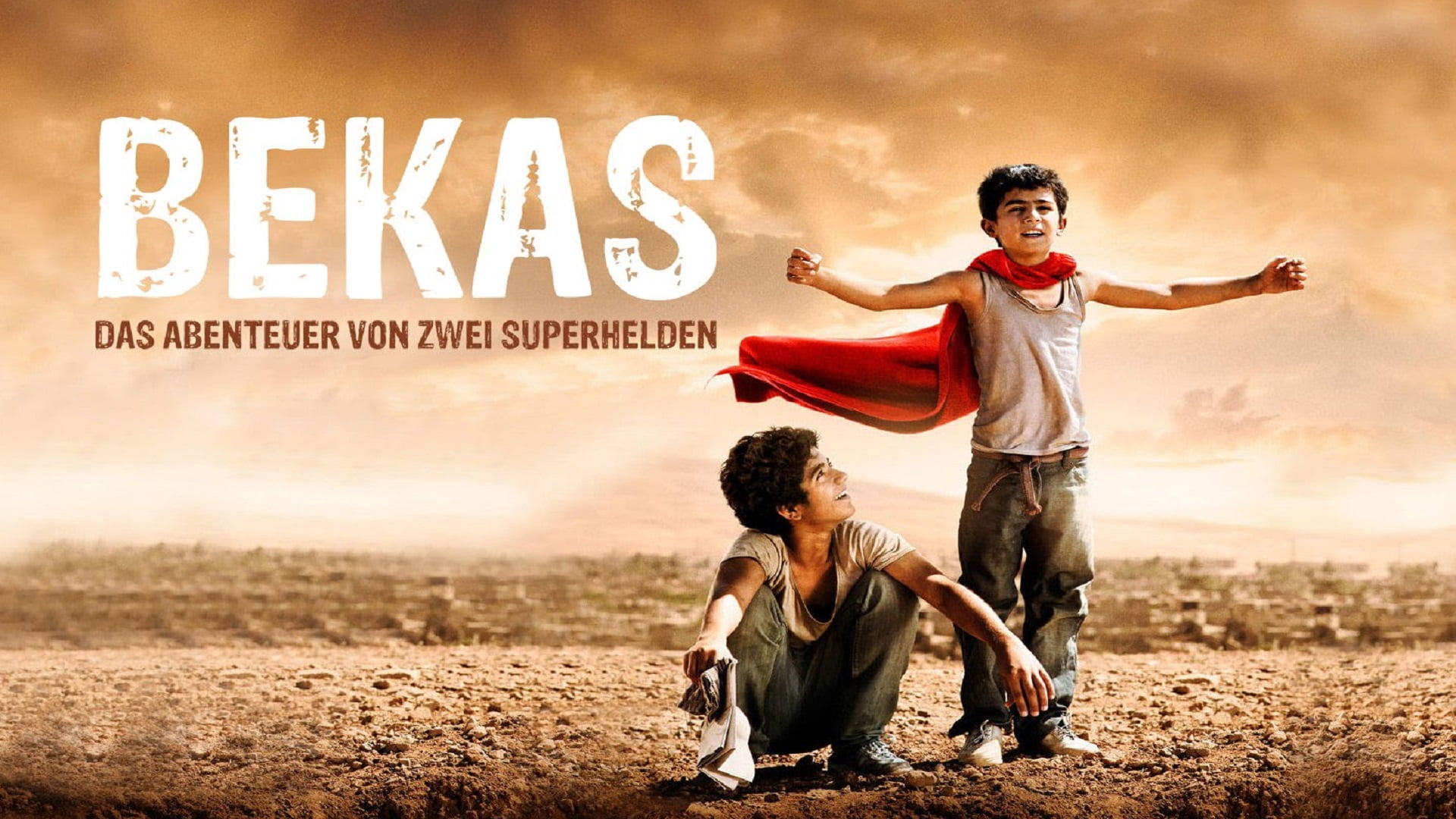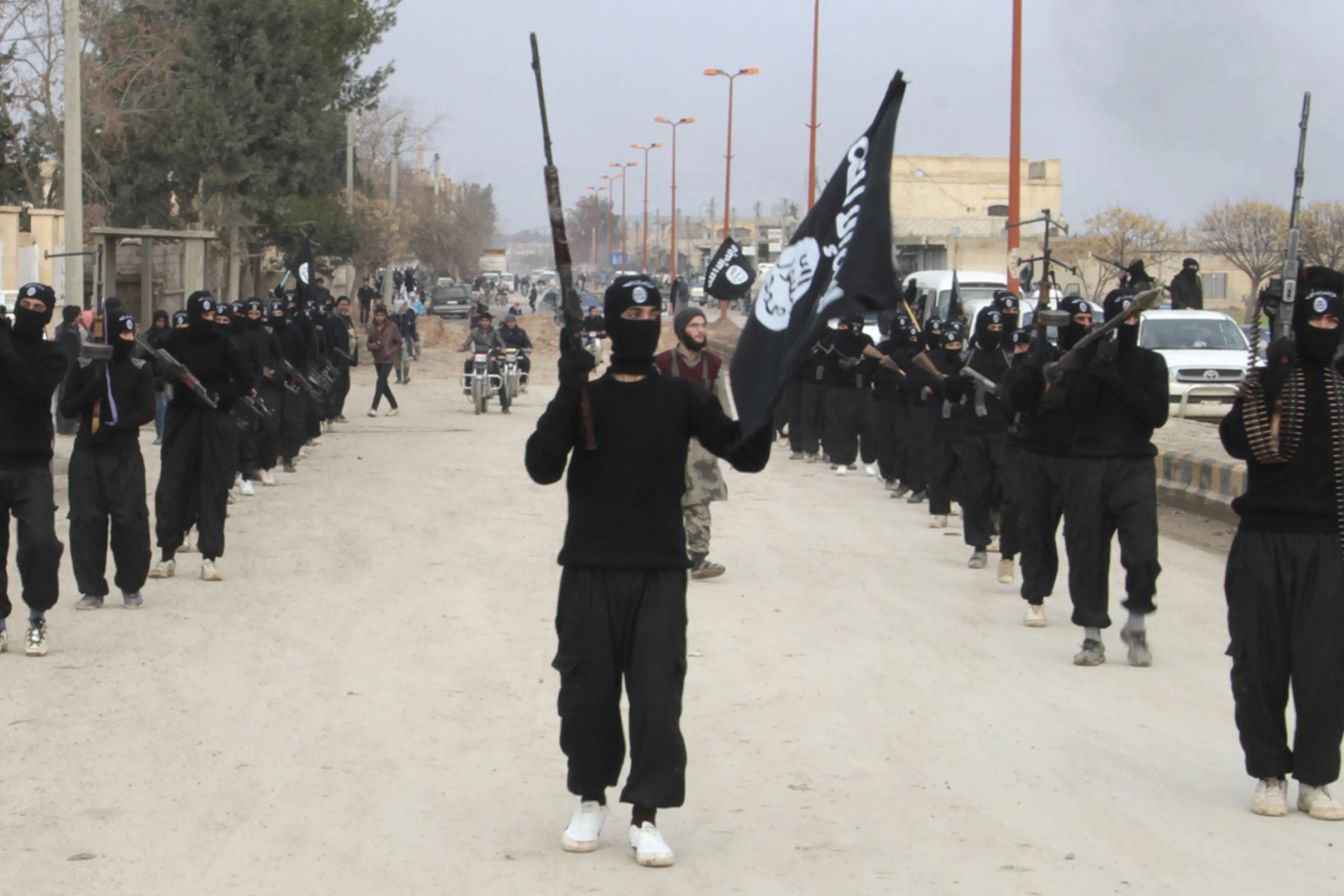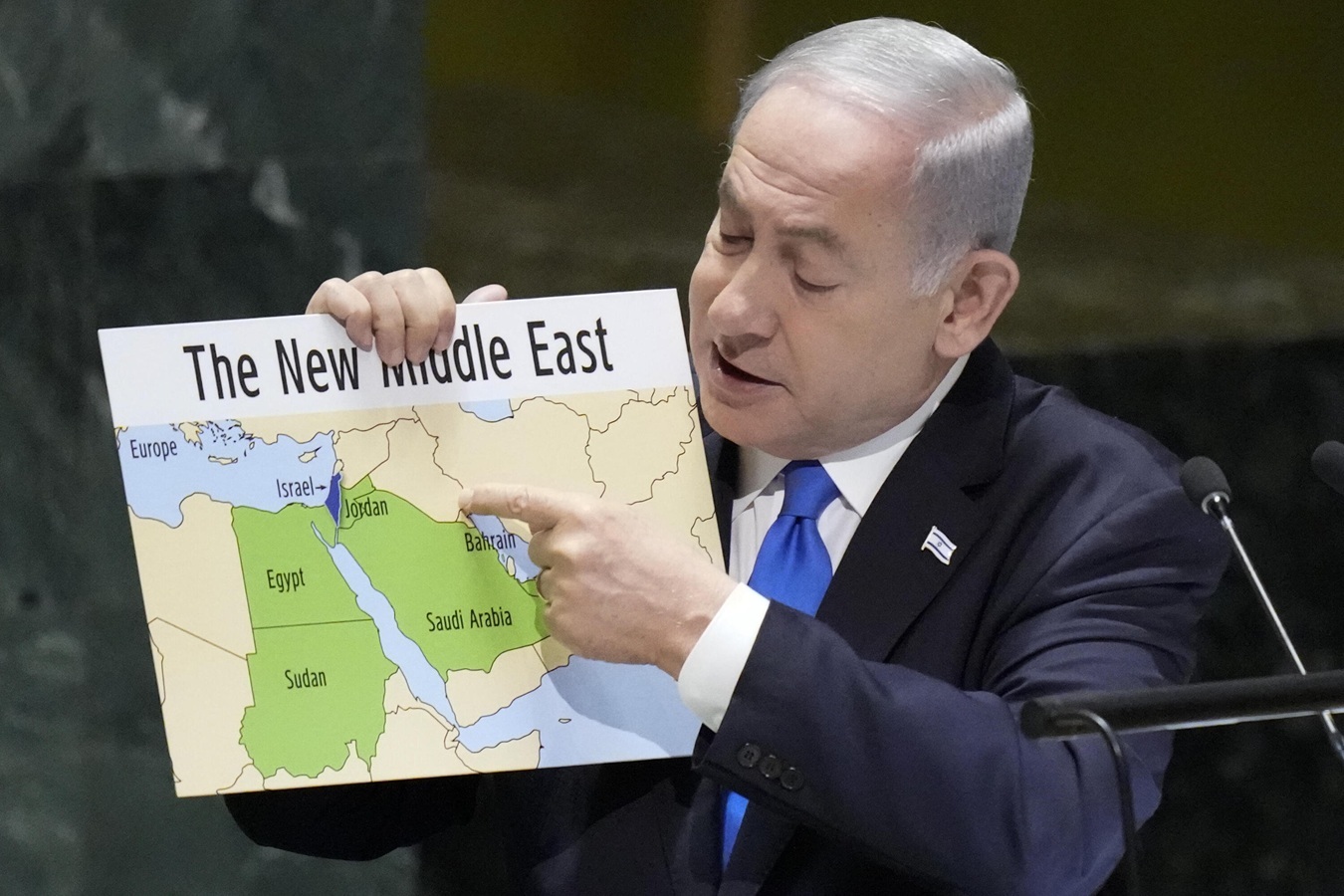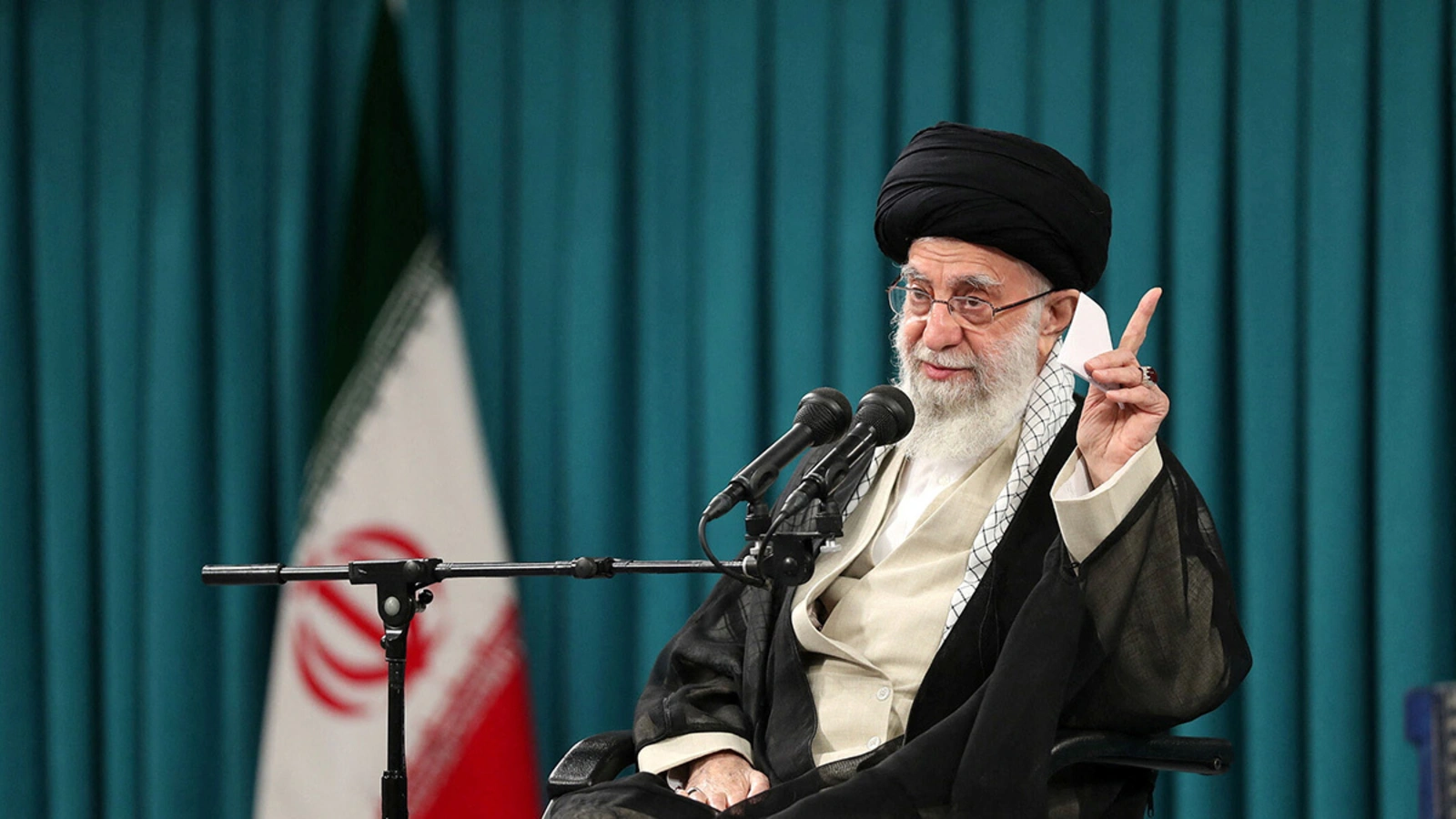
By Gouthama Siddarthan*
My recent article about Washerman community had got more attention. Following that, whether the washerman people around the world will come under in 'Community'? What is their life condition? In the context of which the answers are not available, it is a small Anthropology walk.
About the washermen community, much has been recorded in the Indian art, literature and cinema. But either in languages or in cinema in other countries, there has not been much about them. They are just identified as people engaged in washing clothes. Period. Nowhere have they been shown as a community or as a caste. It can be said with certainty that almost there are no data about their living condition.
It is in India alone that the clan of washermen has been constructed as a caste entrusted hereditarily with the job of washing clothes in what is called ‘civic duty system’ which means one of serving the people involved in agricultural production to meet man’s fundamental needs. Indian sociologists call the system ‘Gejmania.’
In India, untouchability is practised against them, degrading them in a system bereft of any sense of humanity towards fellow human beings. The work of cleaning the dirty clothes has kept them at the lower rung as untouchables. The dehumanizing attitude towards the occupation and towards donkey, a pet animal used to carry the dirty clothes, has triggered a fall in the social values of the people of the community. ‘Donkey’ is being used as a swear word against them.
At this juncture, I can’t help but recall Kurdish film ‘Bekas’ directed by Karzan Kader. The film narrates the story of two Kurdish orphan boys travelling to America to meet the superman there who is well known for solving all problems and say to him, “Big brother! Please solve all of our problems.”
When it comes to world films, it is the Iranian works of art that strike one’s mind. The celluloid lingo of personalities such as Abbas Kiarostami, Asghar Farhadi, Mohsen Makhmalbaf, Majid Majidi, Jafar Panahi, Bahman Ghobadi, Shirin Neshat gets converted into the lingo of their geographical and cultural landscape as well as their political lingo.
A lot has been spoken ad nauseam about the Children of Heaven. The cinema language, Arabic countries’ politics and culture of ‘The Song of Sparrows’, ‘Turtles Can Fly,’ ‘Close-up’ and ‘Offside’ etc. have been much discussed. But Kurdish film ‘Bekas’ has not met with much resounding reviews in the global arena. For, the Hollywood has manufactured certain Kurdish images through artificially strong scenes and delineation of Kurds in poor light. Breaking the Hollywood-produced stereotypes of Iraq and Kurdishtanas dry, dreadful and dreary regions of religious fundamentalism and terrorism, ‘Bekas’ puts forward a satirical perspective tinged with political parody, at the same time maintaining a popular tone.
Director Karzan Kader mocks in frame after frame at the American domination, religion, and politics which have been demolishing the people’s beliefs and cultural life.
Iranian film directors’ celluloid lingo, by and large, contains a subdued political language, speaking about an alternative politics tinged with artistic sensibility. But this Kurdish director Karzan Kader’s language makes a parody of the global politics, converting serious politics into a satire.
The film revolves around two shoeshine brother boys - Dana and Zana- who, afire with a desire to set off for America, have been working hard to save up for getting passports. In the mosque Zana prays that all dirty shoes be brought to them, evoking words of derision from Dana, “Why don’t you ask the God himself for money?”
Pat comes the reply from the younger brother, “Nay. God shouldn’t be pestered for money. If done, He will take away whatever we have.”
Again, in a mocking tone of voice, Dana says, “Hey idiot! What do we have now to be taken away?”
Scenes like this are galore in this film.
At one point of time, they feel helpless, unable to save up enough for their desired US travel. Hence, they set off on a donkey they have bought and named as Michael Jackson. How they travel and what are the incidents they encounter on the way are all depicted interestingly and satirically.
Such a superb film is mentioned in Wikipedia as follows:
Bekas is a Kurdish comedy-drama movie written and directed by Karzan Kader and released in 2012. The film revolves around two shoeshine brother boys named Dana & Zana who set off for America on their donkey, named Michael Jackson.
The above lines are just an adaption of a small review of the film that has appeared in www. rottentomatoes.com
How cruel is the micropolitics!
While Wikipedia is teeming with worldfuls of words ad nauseam about trash Hollywood films, it just passes over an artistically wonderful political satire film, sprinkling a few words by way of review. Even in this short one-line review, they exhibit a hardcore dishonesty.
The orphan boys arrange a donkey for their journey to the US to meet the superman for solving their problems. They name the pet animal as Michael Jackson in a symbolic representation of an artiste steeped in hatred of the black and mad love of the white.
But see how the Wikipedia has turned the symbol upside down. Simply saying that the imagery of Michael Jackson is loaded onto the symbol of donkey, it has changed the symbol into an opposite one. A carefully constructed tragic irony!
It is a textbook example of how the global media are indulgingin amicropolitics against the Third World countries.
This article will become complete only if I round it off with an episode of a little girl in our region performing the same satirical feat in her school writing as done by Karzan Kader in his film.
A long ago, some spiritual organization conducted an essay writing competition for Tamil Nadu school students, titled “Tell Swamy Vivekananda.”
The contest was quite interesting in that the participants were requested to write their essays revolving around Swamy Vivekananda, in which they had to say how they would be using the boon, if granted by the God in dream- a boon that would make your instant thought a reality.
The little girl Vennila studying in class 8 wrote an essay to take part in the contest. And she approached me through her father in order to check its quality.
Her essay had several things such as ‘I will change India a superpower,’ ‘I will safeguard our country in which our people are living as brothers and sisters in religious harmony,’ ‘I will stop tsunami invading the earth,’ ‘I will find ways and means to ensure all people in the world are living as good humans in bonds of friendship.’
The girl’s essay bore a testimony to the fact that ours is a knowledge environment steeped in pre-conceived ideas and notions fed by the media into the brains.
Feeling uninterested and yet hiding the feeling of boredom, I spoke to her.
“What is superpower, dear?”
She was blinking.
“What’s religious harmony?”
“Do you know how tsunami gets formed?”
“Who told you that the uneducated are idiots?”
She was totally thrown off balance. But I managed to bring her round to a normal mindset, speaking about several things softly.
“Did you write all these things, knowing pretty well the meaning of content? TV has impacted you so much,” I explained elaborately.
“Do you like whatever you have written now? Or did your write what you did just to earn laurels from others?”
“Just to take part in the contest, don’t write others’ viewpoints. Just write down whatever you are originally thinking. Howsoever your thoughts are, write them as they are. That is your originality that will set you apart”, I said, enthusing and encouraging her.
“Do you know who is Vivekananda?”
“No.”
“Just write what you know. Just say you don’t know what actually you don’t,” I said, giving her lots of tips.
After that, she wrote another article. Now I unfold here what she wrote then.
“My name is M Vennila, studying in class 8 in Alathur town panchayat middle school. My father’s name is Maakaali and my mother’s Rathnaal. Father works in a dyeing workshop and mother washes clothes for livelihood.
In my school, I was asked to write about Vivekananda. But till now nobody has taught me about Vivekananda. I know about Vivekananda sitting in the fourth slot in the row behind me.
As I was blinking, not knowing what to write, my teacher told me to go to library, read Vivekananda books and then, write an essay.
But the library is located in town about 3 km from our place. To borrow books from the library, we had to pay money and join as members. If I dare to ask my father to take me to the town and ask him for money, he will take me to task. Indeed he used to go to the town one a week and set up an ironing stall. At that time, I used to visit him when he would buy me some toffees. I remember chewing the cookies, ballooning them and bursting them. Now, he does not go there, working as he is in the Erode dyeing workshop.
Our worse fate pales in significance, compared to that of my grandparents living in a down-at-heel village. It is the sole desire of my grandpa to roam the village in the scorching afternoon and riding a donkey, tour around common ground, market place, temple, ponds and farming fields.
But it is said that his dream is impossible. If only I was granted a boon, I would take my grandpa in the afternoon around market, common ground, temple, ponds and farming fields.
Yours
M Vennila
VIII Standard
Town Panchayat Middle School
Alathur”
The moment I was done with reading, could hardly make out anything. A little later, it came home to me poignantly and powerfully.
The message that dawned on me was as follows:
The village her grandfather was living in was so structured on caste foundation that there were lots of prohibitive rules and regulations. He was belonging to the community known as ‘puradhai vannar’ (a kind of washermen community). As it was decreed that to look at the people of that community with naked eyes was a great sin or a contamination, they were quarantined and they dared not venture out of their dwellings into the open in the daytime. Supposing they had to go out, they would do so carefully in order not to be seen by others in public.
From that socially degrading, disgusting and demeaning hiding, the grandpa must be retrieved, rescued and rehabilitated. He can be made to roam about in public in daytime only through a miracle.
Let that miracle happen and let that God give me the divine boon, so prays the girl!
The political language of Kurdish director’s film was given to me by that little rustic girl through her language of reality.
Well, friends! What’s the boon you’re asking for?
Translated by : Maharathi
************************
*Gouthama Siddarthan is a noted Modern Poet, short-story writer, essayist and literary critic in Tamil, who is a reputed name in the Tamil neo-literary circle.
There are 15 books so for written and published, which include series of stories and essays.
A Tamil literary magazine titled UNNATHAM is being published, under his editorship. It focuses on modern world literature.
Ten books authored by his are being published in nine world languages (Tamil, English, Spanish, German, Romanian, Bulgarian, Portuguese, Italian and Chinese) before one month..
Now, his column writing in Spanish and Italian magazines!






Very good.
The noon I ask for is written
simply and clearly
In “The Settlement”
-Angel NicGillicuddy ?